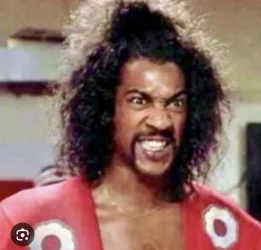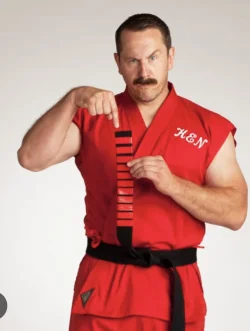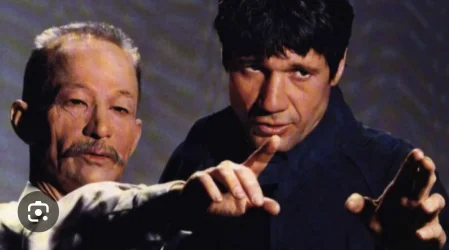skribs
Grandmaster
I could've sworn there was a recent discussion on this topic, but the most recent version of this thread I could find was back in 2006. That thread is old enough to be an adult today. I thought I'd revive this question for current members.
What makes a Master? More specifically: what makes a good one? (Or Professor, Sensei, Sifu, Level 5 Wizard Extraordinaire, whatever it is in your art).
I know the simple answer is based on being Black Belt, or 4th or 5th degree and/or completing some class. But what does it really mean? What is it that separates the honorary title from the normal coach or instructor? What is it that separates a good honored teacher from a mediocre or a bad one?
I may or may not have an essay due in the intermediate future that's prompting this question.
What makes a Master? More specifically: what makes a good one? (Or Professor, Sensei, Sifu, Level 5 Wizard Extraordinaire, whatever it is in your art).
I know the simple answer is based on being Black Belt, or 4th or 5th degree and/or completing some class. But what does it really mean? What is it that separates the honorary title from the normal coach or instructor? What is it that separates a good honored teacher from a mediocre or a bad one?
I may or may not have an essay due in the intermediate future that's prompting this question.



